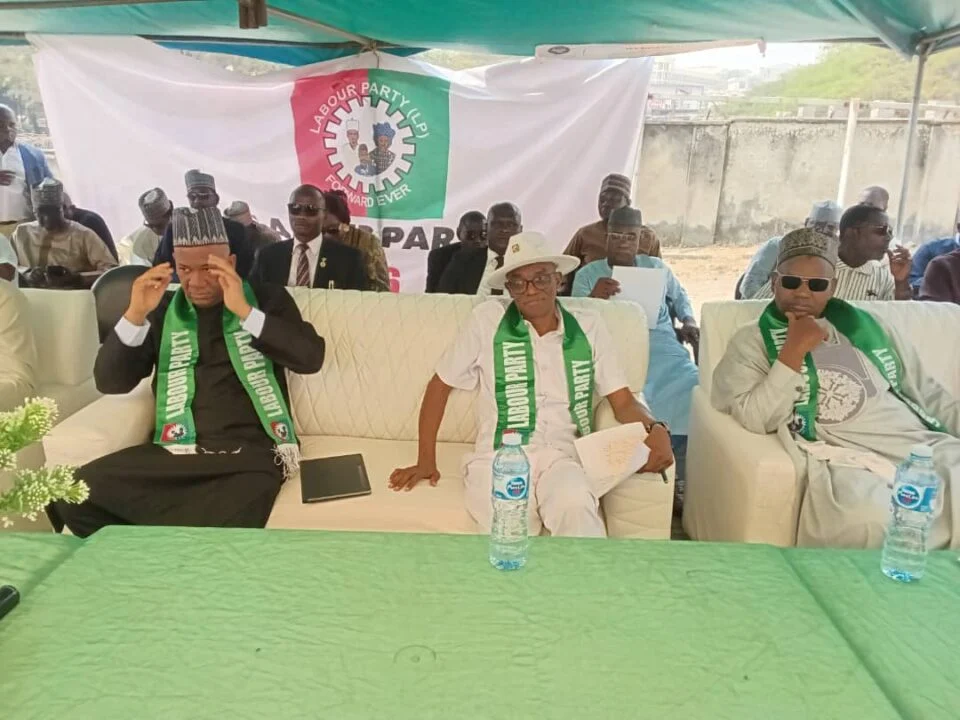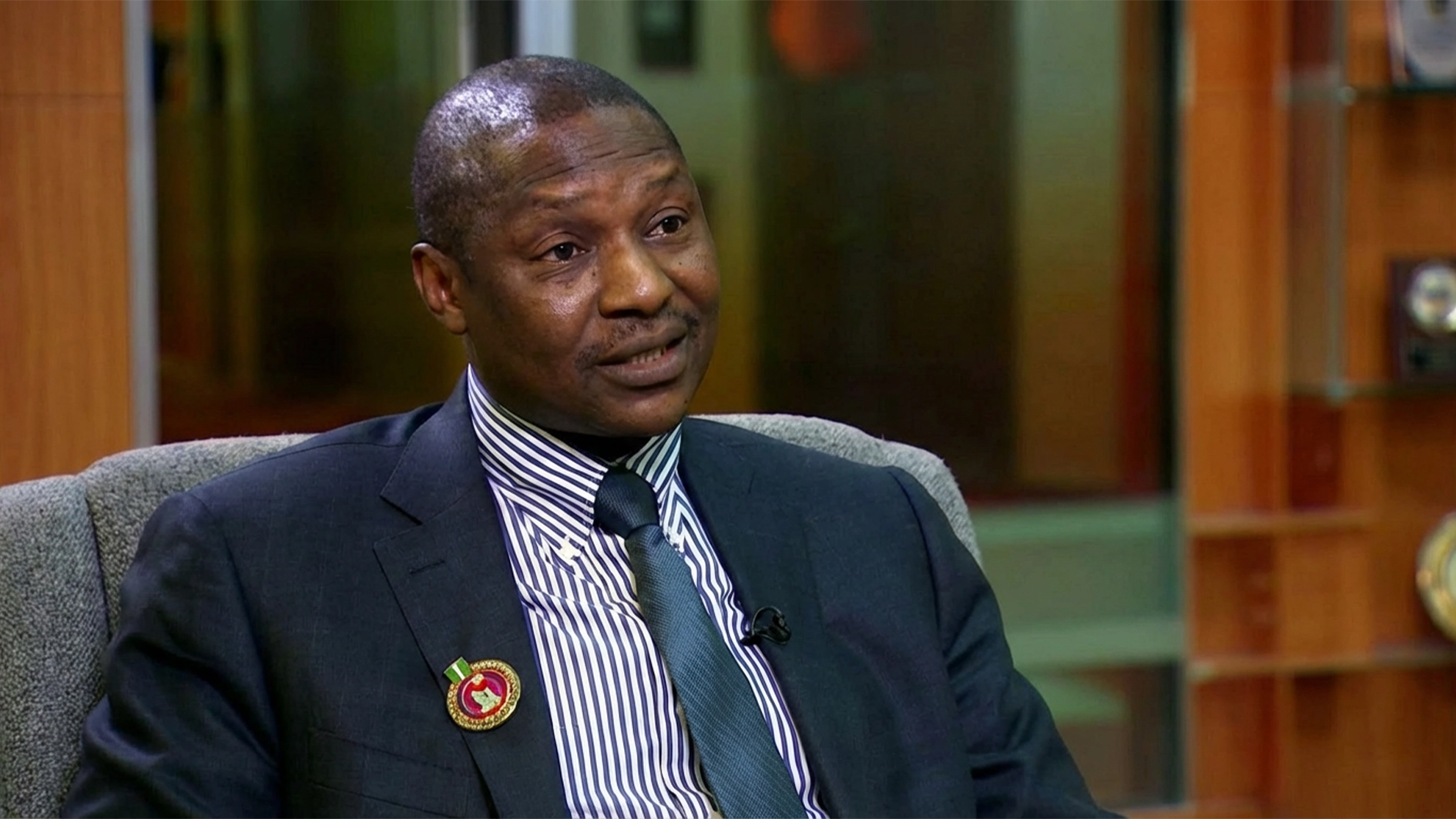The Presidency at the weekend said President Bola Tinubu’s approval of pardon, clemency, commutation of sentences, and posthumous reprieve for 175 convicts and former convicts is aimed at correcting historical injustices, promoting reconciliation, and advancing justice sector reform.
Special Adviser to the President on Information and Strategy, Bayo Onanuga, in a statement on Saturday, explained that the beneficiaries cut across various categories, including illegal miners, white-collar offenders, drug convicts, foreigners, and prominent historical figures, including Major General Mamman Vatsa, Major S.A. Akubo, Professor Magaji Garba, Maryam Sanda, as well as Ken Saro-Wiwa and the eight other Ogoni activists executed under military rule.
He said the exercise followed the recommendations of the Presidential Advisory Committee on the Prerogative of Mercy, chaired by the Attorney-General of the Federation and Minister of Justice, Prince Lateef Olasunkanmi Fagbemi (SAN).
He explained that President Tinubu’s approvals covered pardon for two inmates and 15 former convicts (11 of whom are deceased); clemency for 82 inmates; commutation of sentences for 65 inmates; and conversion of death sentences to life imprisonment for seven inmates.
In a symbolic move to address colonial and military-era injustices, President Tinubu granted a posthumous pardon to Sir Herbert Macaulay, one of Nigeria’s foremost nationalists, who was unjustly convicted by British colonial authorities in 1913 and subsequently banned from holding public office.
Similarly, the President approved posthumous reprieve for the “Ogoni Nine”, led by environmental activist Ken Saro-Wiwa, who were executed in 1995 under the Abacha regime.
According to the Presidency, the decision reflects the administration’s commitment to national healing, reconciliation, and historical justice.
The Attorney-General presented the committee’s report at the National Council of State meeting presided over by the President.
Among those pardoned or granted clemency are Nweke Francis Chibueze (44) – life sentence, Kirikiri (cocaine); Dr Nwogu Peters (67) – serving 17 years for fraud since 2013; Mrs Anastasia Daniel Nwaoba (63) – fraud (sentence already served); Barr. Hussaini Alhaji Umar (58) – fine of N150m (ICPC case, 2023); Ayinla Saadu Alanamu (63) – seven years for bribery (2019); sentence served; and Hon. Farouk M. Lawan (62) – five years for corruption (2021); sentence served.
Sir Herbert Macaulay was convicted in 1913 by colonial authorities for misappropriation of funds and banned from public office.
Major-General Mamman Jiya Vatsa (46) was executed in 1986 for an alleged coup plot (treason).
The Ogoni Nine are Ken Saro-Wiwa, Saturday Dobee, Nordu Eawa, Daniel Gbooko, Paul Levera, Felix Nuate, Baribor Bera, Barinem Kiobel, and John Kpuine — all convicted of murder in 1995 under military rule.
Victims honoured include Chief Albert Badey, Chief Edward Kobaru, Chief Samuel Orage, and Chief Theophilus Orage.
The President granted clemency to 82 inmates based on good conduct, remorse, old age, vocational training, and educational attainment, including enrolment in the National Open University of Nigeria (NOUN).
The beneficiaries include drug offenders, illegal miners, foreign nationals, and others convicted between 1989 and 2024. In a notable gesture, Senator Ikra Aliyu Bilbis signed an undertaking to take responsibility for the rehabilitation and empowerment of all illegal miners who benefitted from the presidential clemency.
(The full list of 82 inmates, detailing offences, sentences, and grounds for clemency, has been retained in official records.)
Tinubu also commuted the sentences of 65 inmates, taking into account their remorse, good conduct, old age, and acquisition of vocational skills.
These inmates had been convicted of manslaughter, drug offences, kidnapping, armed robbery, and financial crimes.
Additionally, the President approved the conversion of death sentences to life imprisonment for seven inmates who had spent between seven and 14 years on death row.
The beneficiaries include Emmanuel Baba (38) – death sentence (2017, culpable homicide), Kuje Custodial Centre; Emmanuel Gladstone (45) – death sentence (2020, murder), Katsina Custodial Centre; Moses Ayodele Olurunfemi (51) – death sentence (2012, culpable homicide), Katsina; Abubakar Usman (59) – death sentence (2014), Katsina; Khalifa Umar (37) – death sentence (2014), Kano; Benjamin Ekeze (40) – death sentence (2017, armed robbery and conspiracy), Kirikiri; and Mohammed Umar (43) – death sentence (2018, culpable homicide), Onitsha.
Onanuga described the initiative as “sweeping and unprecedented,” noting that it reflects President Tinubu’s multi-layered approach to justice, blending compassion and reconciliation with legal reform and national unity.
He said the move underscores Tinubu’s commitment to justice sector reform, compassion, and respect for human dignity, while safeguarding public safety and upholding the rule of law.
“This is not merely a list; it is a statement of intent by the Tinubu administration to confront historical injustices, provide redress, and reform the justice system in a way that reflects fairness, humanity, and national healing,” Onanuga added.






